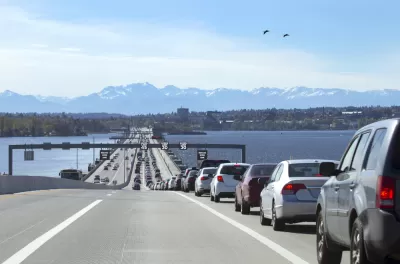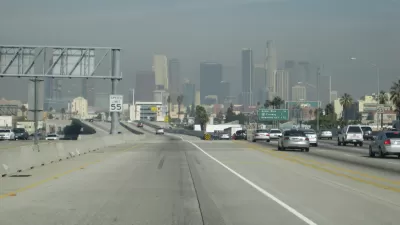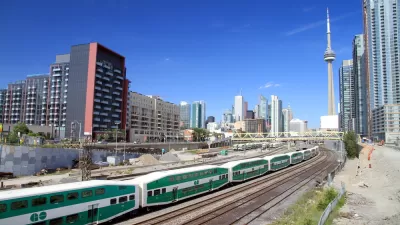A new report and toolkit helps policymakers and equity advocates apply comprehensive analysis to road pricing, considering affordability, accessibility and community health, and identifies way to achieve equity goals through pricing reforms.

A growing number of jurisdictions are considering road pricing to reduce traffic congestion and raise revenue. These proposals often raise equity concerns: road pricing can burden low-income drivers with new costs, while rising urban housing costs are forcing some to move out of transit-rich urban centers and rely more on private vehicles. However, road pricing can provide many benefits, including equity benefits by providing more funding for walking, bicycling and public transit projects; improving bus speeds and reliability; and by reducing total vehicle traffic can improve urban mobility, livability and public health. Road pricing can be more equitable than other transportation funding options, such as property and sales taxes, and even fuel taxes.
"Pricing Roads, Advancing Equity: A Report and Toolkit to Help Communities Advance a More Equitable and Affordable Transportation System," by Stuart Cohen and Alan Hoffman at TransForm, challenges policymakers and equity advocates to apply comprehensive analysis to road pricing, and identifies various strategies to achieve equity outcomes, considering affordability, accessibility, and community health. It provides examples from cities in North America and around the world that have implemented some form of road pricing. It also looks at methods for achieving the full participation of vulnerable communities in the planning process. It also includes a worksheet to help equity advocates engage effectively in a transportation pricing planning process.

Study: Maui’s Plan to Convert Vacation Rentals to Long-Term Housing Could Cause Nearly $1 Billion Economic Loss
The plan would reduce visitor accommodation by 25,% resulting in 1,900 jobs lost.

Alabama: Trump Terminates Settlements for Black Communities Harmed By Raw Sewage
Trump deemed the landmark civil rights agreement “illegal DEI and environmental justice policy.”

North Texas Transit Leaders Tout Benefits of TOD for Growing Region
At a summit focused on transit-oriented development, policymakers discussed how North Texas’ expanded light rail system can serve as a tool for economic growth.

Paris Bike Boom Leads to Steep Drop in Air Pollution
The French city’s air quality has improved dramatically in the past 20 years, coinciding with a growth in cycling.

Why Housing Costs More to Build in California Than in Texas
Hard costs like labor and materials combined with ‘soft’ costs such as permitting make building in the San Francisco Bay Area almost three times as costly as in Texas cities.

San Diego County Sees a Rise in Urban Coyotes
San Diego County experiences a rise in urban coyotes, as sightings become prevalent throughout its urban neighbourhoods and surrounding areas.
Urban Design for Planners 1: Software Tools
This six-course series explores essential urban design concepts using open source software and equips planners with the tools they need to participate fully in the urban design process.
Planning for Universal Design
Learn the tools for implementing Universal Design in planning regulations.
Smith Gee Studio
Alamo Area Metropolitan Planning Organization
City of Santa Clarita
Institute for Housing and Urban Development Studies (IHS)
City of Grandview
Harvard GSD Executive Education
Toledo-Lucas County Plan Commissions
Salt Lake City
NYU Wagner Graduate School of Public Service





























